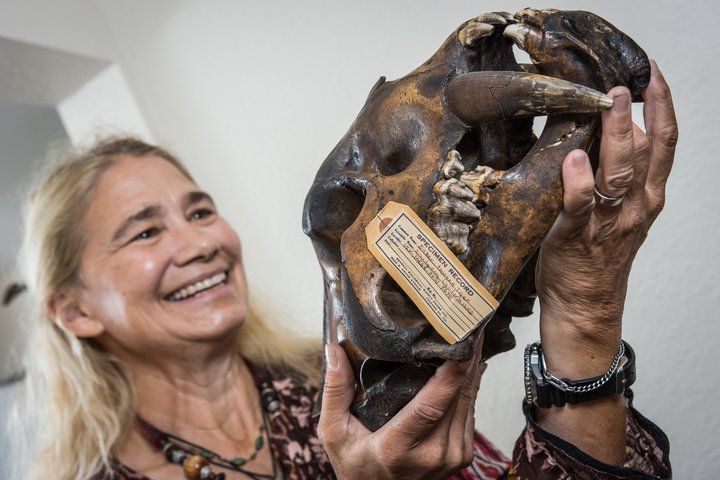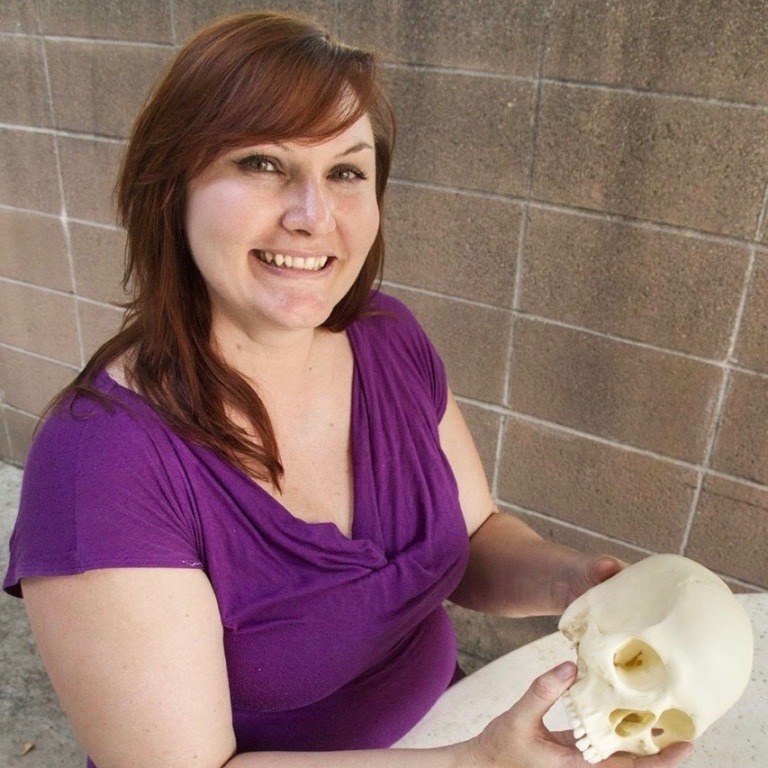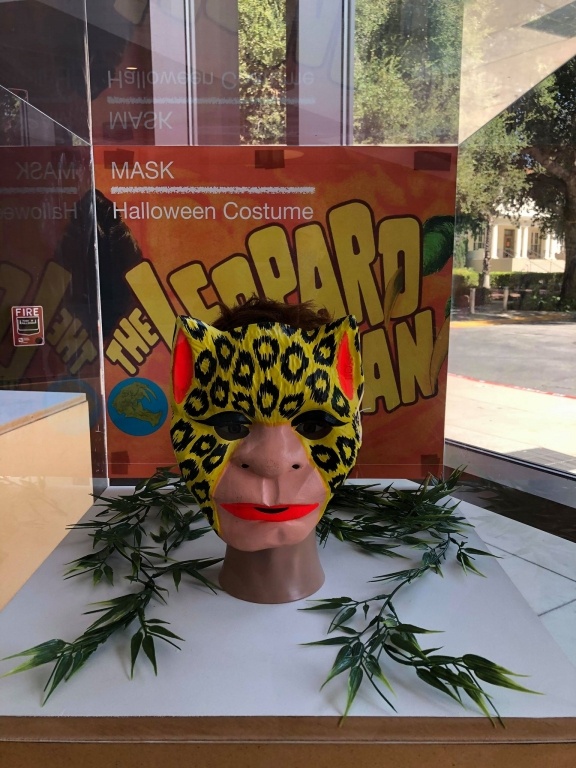Five Faculty to Attend AAC&U 'High-Impact' Institute in June
Theory is practice at all levels of the educational structure at the University of La Verne.
Five faculty members will be attending the Association of American Colleges and Universities’ 2014 Institute on High-Impact Practices and Student Success June 17 – 24 at Vanderbilt University in Nashville, Tennessee.
“This is another step in refining and building on the La Verne Experience, and particularly in developing a better freshman experience,” Interim Dean, College of Arts & Sciences Dr. Felicia Beardsley said. “The task of this group is to develop a handbook for entering freshman and the faculty who teach them, with the end-goal of creating a more robust academic atmosphere in the classroom.”
Beardsley will be attending the Institute along with Associate Dean, Academic Support & Retention Services Dr. Carlos Cervantes, Associate Professor of Physics Dr. Vanessa Preisler, Associate Professor of Legal Studies Carolyn Bekhor and Modern Languages Instructor Jose Perez-Gonzalez.
“My goal was to build a team that has either taught freshmen or interacts with them in some fashion,” Beardsley said. “Only one of us, Carolyn, has not really taught freshmen–she is our sounding board, in a way, to help us keep on track and to make us examine our concepts from all perspectives.”
This is the fourth time La Verne is participating in an AAC&U Institute and the first time at the High-Impact Practies and Student Success Institute, which according to AAC&U, “is designed to help campuses and systems make institution-wide changes that benefit all students.”
La Verne was selected to attend based on a competitive process that included a proposal submission describing the project to be completed through the Institute.
“Entering freshmen have not yet made the transition from high school to college, which makes the first weeks of their first semester a difficult one,” Beardlsey said. “Our expectation is that this handbook will help the transition (classroom behavior, expectations for college work, etc).”


